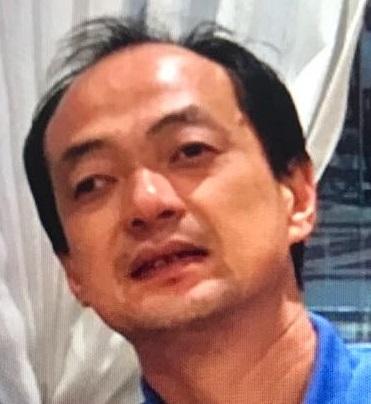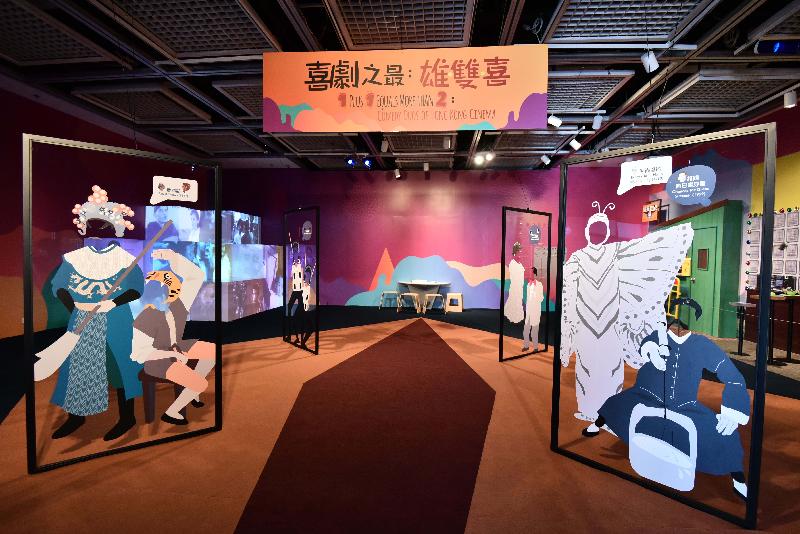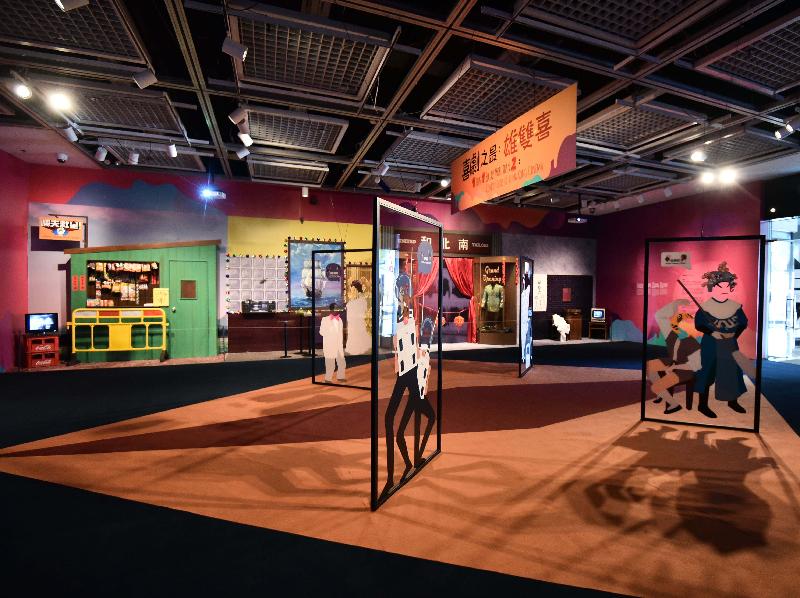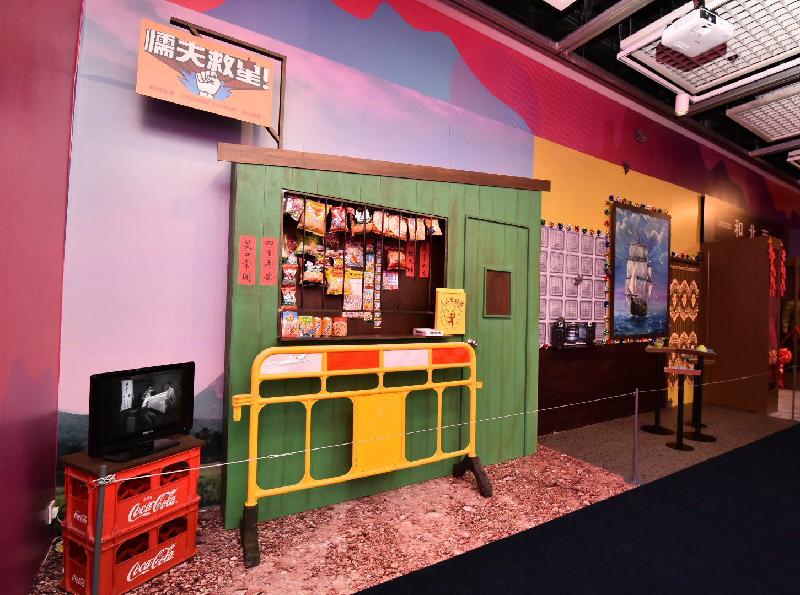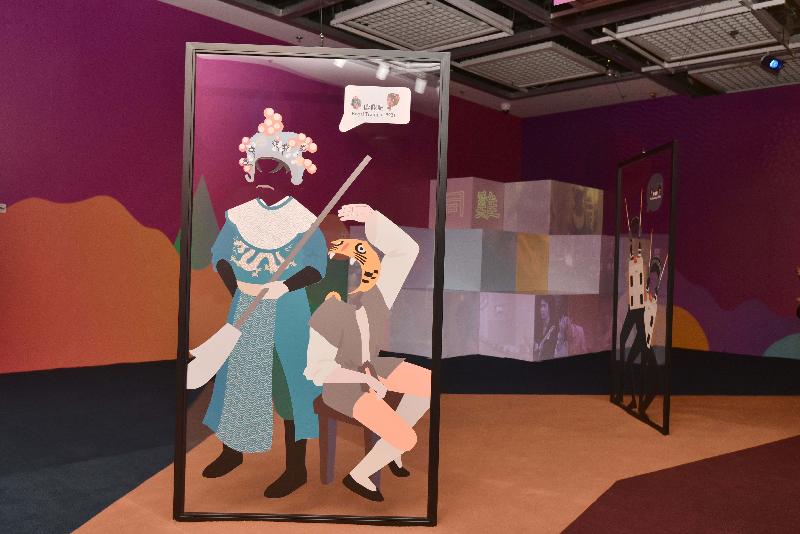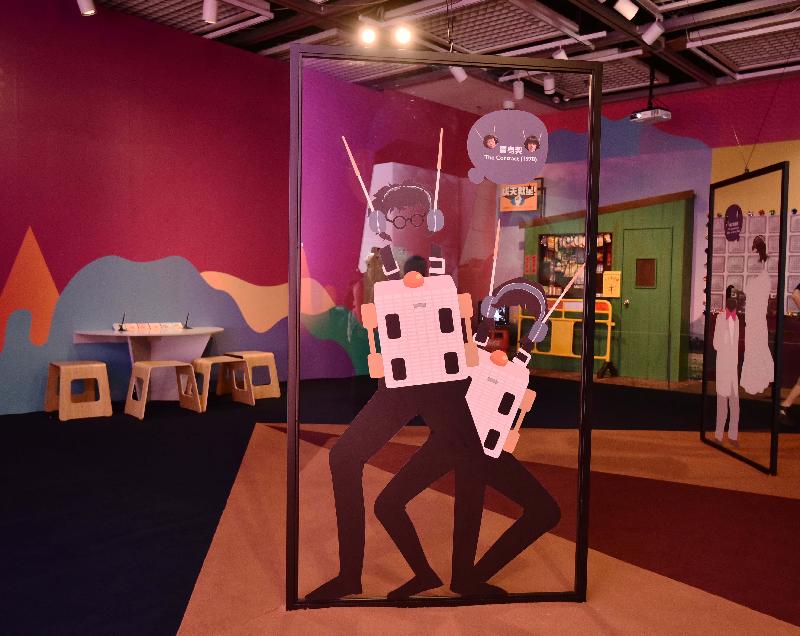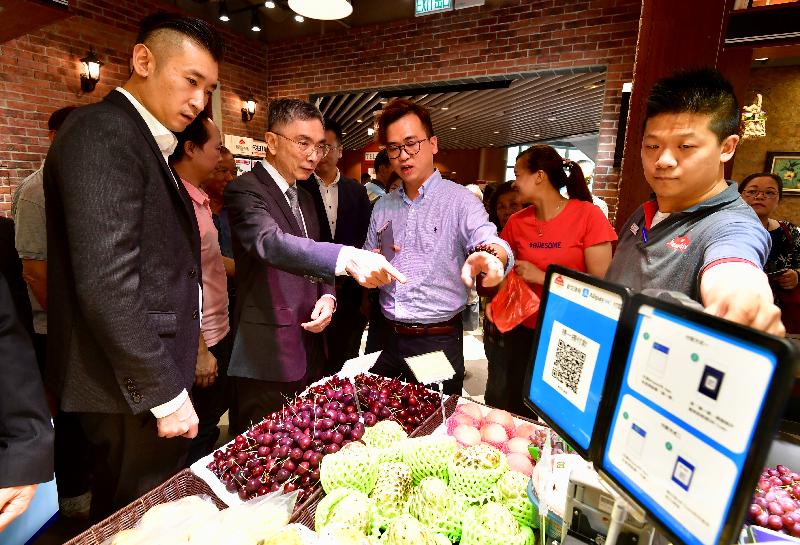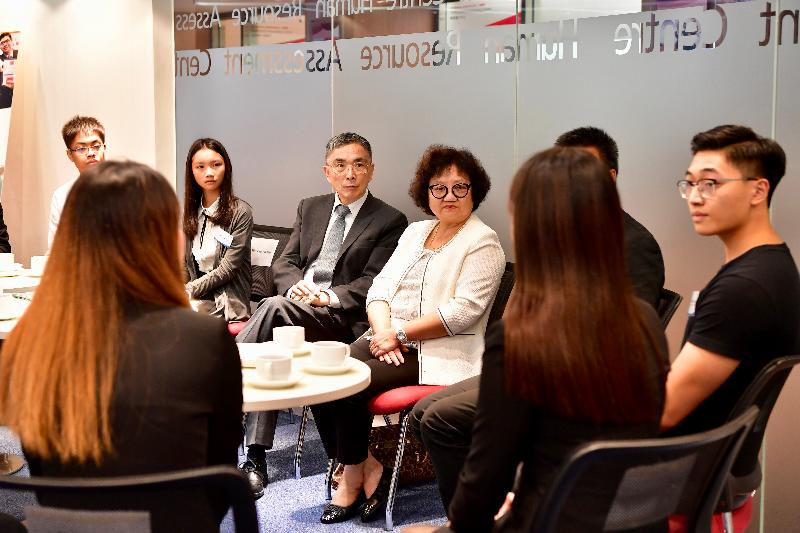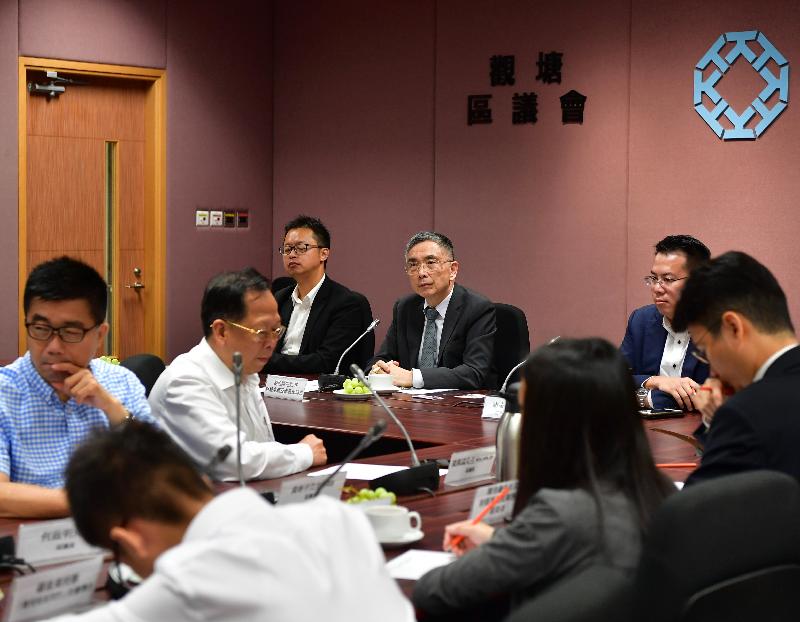Pesticide residue exceeds legal limit in three Chinese wolfberry leaf samples
The Centre for Food Safety (CFS) of the Food and Environmental Hygiene Department today (July 27) announced that three Chinese wolfberry leaf samples were found to contain a pesticide residue at levels exceeding the legal limit. The CFS is following up on the cases.
A CFS spokesman said, "The CFS collected the Chinese wolfberry leaf samples from two supermarkets in Tsuen Wan and Kwai Fong, as well as a vegetable shop in Wan Chai respectively for testing under its routine Food Surveillance Programme. The test results showed that the samples contained acetamiprid at respective levels of 6.5 parts per million (ppm), 7.4 ppm and 6.1 ppm, exceeding the maximum residue limit (MRL) of 3 ppm.
"Based on the levels of pesticide residue detected in the samples, adverse health effects will not be caused under usual consumption," he added.
Generally speaking, to reduce pesticide residues in vegetables, members of the public can rinse vegetables thoroughly under clean running water, and scrub produce with hard surfaces with a clean brush to remove dirt and substances including pesticides and contaminants from the surface and the crevices, when appropriate.
Any person who imports, manufactures or sells any food not in compliance with the requirements of the Pesticide Residues in Food Regulation (Cap 132CM) concerning pesticide residues commits an offence and is liable to a maximum fine of $50,000 and to imprisonment for six months upon conviction.
Since the regulation came into effect on August 1, 2014, the CFS has taken over 150 000 samples at import, wholesale and retail levels for testing for pesticide residues. Together with the unsatisfactory samples announced today, a total of 230 food samples (including 222 vegetable and fruit samples) have been detected as having excessive pesticide residues. The overall unsatisfactory rate is less than 0.2 per cent.
The spokesman added that excessive pesticide residues in food may arise from the trade not observing Good Agricultural Practice, e.g. using excessive pesticides and/or not allowing sufficient time for pesticides to decompose before harvesting. The MRLs of pesticide residues in food set in the Regulation are not safety indicators. They are the maximum concentrations of pesticide residues to be permitted in a food commodity under Good Agricultural Practice when applying pesticides. In this connection, consumption of food with pesticide residues higher than the MRLs may not necessarily lead to any adverse health effects.
The CFS is following up on the unsatisfactory results, including tracing the sources of the food in question and taking samples for testing. Investigation is ongoing.
